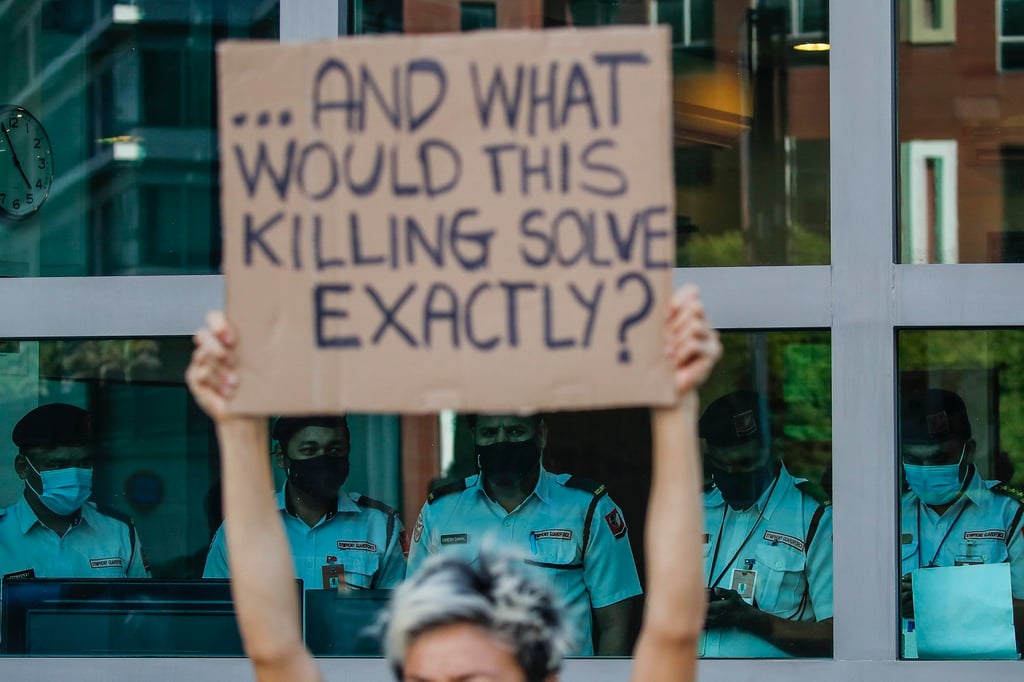Malaysia’s failed war on drugs: can mandatory rehab break the habit?
After decades of punitive measures, Malaysia is reconsidering its drug policies as prisons overflow with minor offenders and use rates rise

“After four decades of waging war against drugs, there is a necessity to employ new elements in our approach,” Home Minister Saifuddin Nasution said last month – underscoring the pivot away from a policy that has left the country’s prisons overflowing with low-level offenders, while drugs like methamphetamine and cannabis continue to flood the streets.
With its repeal, judges now have the discretion to impose life sentences instead, and those on death row have appealed their sentences. Though whether any drug offenders have been sentenced to death since the law changed remains unclear.
This evolving legal landscape has sparked discussions about the potential for decriminalisation and rehabilitation in Malaysia.

Sharif*, 30, spent 14 months in a rehabilitation centre run by Malaysia’s National Anti-Drug Agency after a judge gave him the choice between that or prison.
